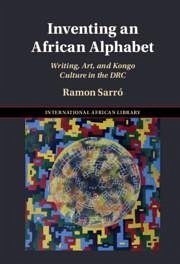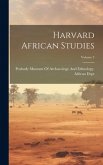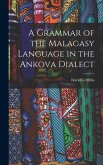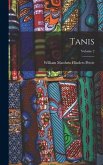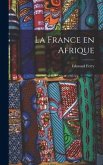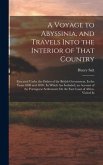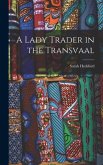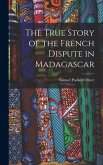"In 1978, Congolese inventor David Wabeladio Payi (1958-2013) proposed a new writing system, called Mandombe. Since then, Mandombe has grown and now has thousands of learners in not only the Democratic Republic of Congo, but also France, Angola and many other countries. Drawing upon Ramon Sarrâo's personal friendship with Wabeladio, this book tells the story of Wabeladio, his alphabet and the creativity that both continue to inspire. A member of the Kimbanguist church, which began as an anticolonial movement in 1921, Wabeladio and his script were deeply influenced by spirituality and Kongo culture. Combining biography, art, and religion, Sarrâo explores a range of ideas, from the role of pilgrimage and landscape in Wabeladio's life, to the intricacies and logic of Mandombe. Sarrâo situates the creative individual within a rich context of anthropological, historical and philosophical scholarship, offering a new perspective on the relationships between imagination, innovation and revelation"--
Hinweis: Dieser Artikel kann nur an eine deutsche Lieferadresse ausgeliefert werden.
Hinweis: Dieser Artikel kann nur an eine deutsche Lieferadresse ausgeliefert werden.

